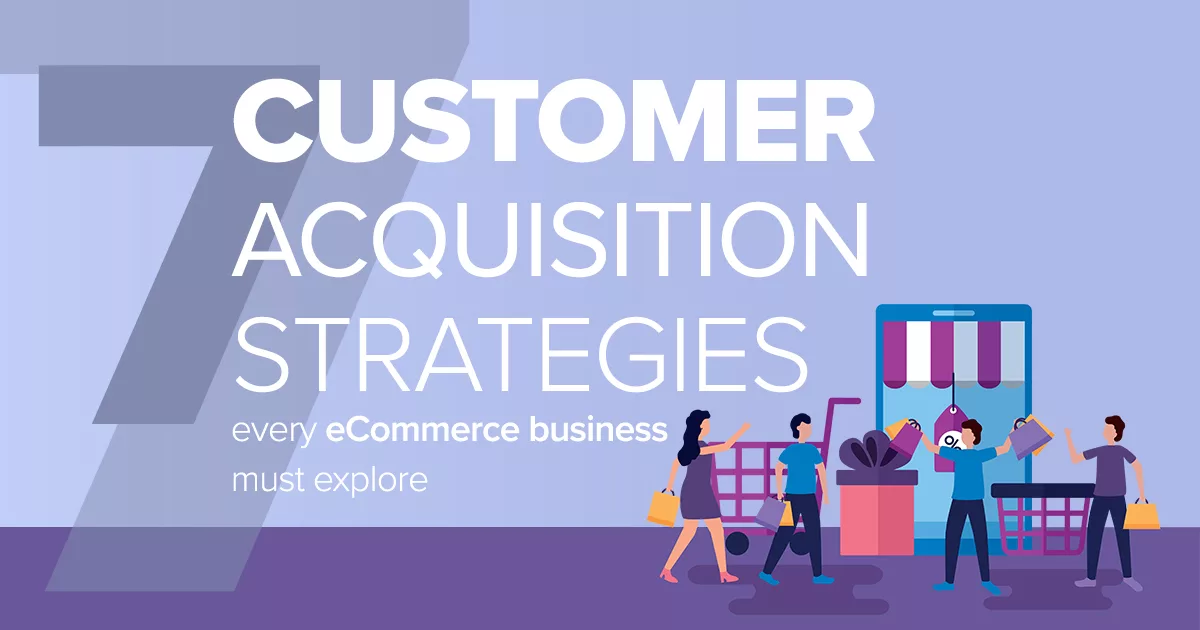Choosing The Right Payment Gateway For Your eCommerce Site

A payment gateway is a crucial component of any eCommerce website. It’s the software that facilitates the transfer of money from customers to the business.
With so many payment gateway options available, it can be challenging to choose the right one for your eCommerce site.
In this article, we’ll explore some important factors to consider when choosing a payment gateway for your eCommerce site
1. Security
Security is the top priority when it comes to payment gateways. Customers want to be sure that their personal and financial information is protected.
Therefore, it’s essential to choose a payment gateway that is secure and meets industry standards for data encryption and protection.
Look for payment gateways that are PCI DSS (Payment Card Industry Data Security Standard) compliant. This means they adhere to a set of security standards set by major credit card companies to protect customer data.
Also, consider payment gateways that offer additional security features such as fraud detection, address verification, and two-factor authentication.
2. Transaction Fees
Transaction fees are another critical factor to consider when choosing a payment gateway for your eCommerce site.
Payment gateways typically charge a transaction fee for each payment processed. The fee varies depending on the payment gateway and the payment method used (credit card, debit card, e-wallet, etc.).
Compare the transaction fees of different payment gateways and choose the one that offers the most competitive rates.
However, don’t solely focus on transaction fees as some payment gateways may charge lower fees but have hidden costs such as setup fees or monthly fees.
3. Integration With Your eCommerce Platform
Your payment gateway must integrate seamlessly with your eCommerce platform. The integration enables the payment gateway to communicate with your eCommerce site and process payments without the need for manual intervention.
This results in a smoother checkout experience for customers and minimizes the risk of errors or delays.
Check if the payment gateway you’re considering integrates with your eCommerce platform. Most payment gateways provide plugins or extensions for popular eCommerce platforms such as Shopify, WooCommerce, and Magento.
However, if your eCommerce platform is custom-built, you may need to hire a developer to integrate the payment gateway.
4. Supported Payment Methods
Customers expect to have a range of payment options when making a purchase on an eCommerce site. Therefore, it’s crucial to choose a payment gateway that supports multiple payment methods.
The most common payment methods are credit cards, debit cards, and e-wallets such as PayPal and Apple Pay.
Check if the payment gateway supports the payment methods that your target customers prefer. If you’re targeting international customers, ensure that the payment gateway supports payment methods that are popular in the countries you’re targeting.
5. Customer Support
Customer support is essential when it comes to payment gateways. In case of any issues or errors during the payment process, customers need to be able to reach out to the payment gateway’s support team for assistance. Therefore, it’s crucial to choose a payment gateway that offers reliable and responsive customer support.
Look for payment gateways that offer multiple channels of support such as email, phone, and live chat. Also, consider payment gateways that offer 24/7 customer support, especially if you cater to customers in different time zones.
6. Reputation & Reviews
Finally, consider the reputation and reviews of the payment gateway you’re considering. A payment gateway with a good reputation and positive reviews from other eCommerce businesses is a good indicator of its reliability and quality of service.
Do some research online and read reviews of the payment gateway you’re considering. Look for reviews from eCommerce businesses that are similar to yours in size and industry.
Also, consider asking for recommendations from other eCommerce businesses or industry experts to get their feedback and experiences with different payment gateways.
Conclusion
Choosing the right payment gateway for your eCommerce site is crucial for the success of your business. Security, transaction fees, integration with your eCommerce platform, supported payment methods, customer support, and reputation and reviews are essential factors to consider when choosing a payment gateway.
By evaluating these factors and doing thorough research, you can choose a payment gateway that meets the needs of your business and provides a seamless checkout experience for your customers. Remember that the payment gateway you choose can have a significant impact on your business’s success, so take your time and make an informed decision.
Are you in pursuit of a dependable eCommerce website development enterprise in Jaipur? Look no more!
Our adept team at eCommfy is devoted to producing splendid, intuitive eCommerce websites, personalized to your exact requirements. With extensive expertise and unwavering devotion to customer contentment, we ensure unparalleled outcomes every time.
Don’t compromise for a substandard website – get in touch with us now and let us elevate your online enterprise to new heights of success!
Subscribe to our Blog
Read our newly created blogs delivered straight to your inbox.


